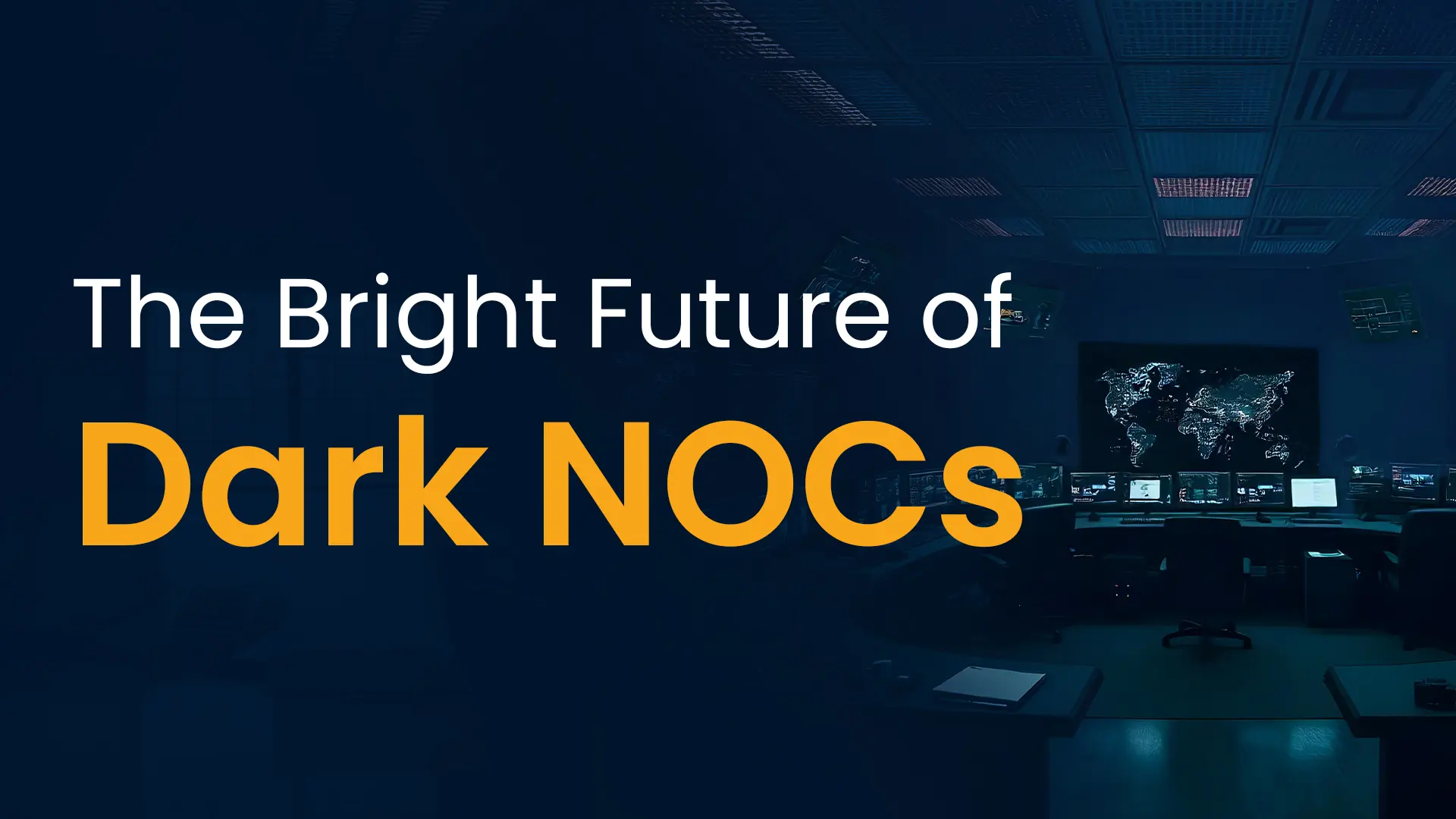In today’s digital-first world, the demand for online services has increased considerably, triggering the need for data centers globally. With this upsurge arises a greater responsibility to acquaint ourselves with the environmental effects of such huge digital infrastructures. Modern Cloud data centers in USA are regarded as key areas where sustainability practices need to be administered to alleviate the extensive water and energy usage. This blog highlights some of the best sustainable practices for Cloud data centers to be part of this transformative journey.
The Environmental Impact of Data Centers
Data centers serve as the backbone of digital economy by hosting servers and storage systems that facilitate anything such as e-commerce, data processing, streaming services, and more. However, their operative requirements make them the biggest consumers of electrical power. According to various reports, data centers eat up about two percent of the global electricity, a figure that is expected to grow with the emplacement of AI technologies, blockchain, etc. “As companies dig into the greenhouse gas emissions associated with operating the business, it has become clear for tech-heavy industries that the data centers running their digital infrastructure require some attention,” observes S&P Global Market Intelligence.
The environmental footmark of data centers does not only imply high energy consumption, but also emphasizes on electronic waste and water usage. Data centers struggle to keep up optimum temperatures, which lead to continuous use of water coolers that can aggravate water scarcity concerns. The technological advancements also contribute to continuous hardware replacement resulting in loads of e-waste.
Transition from Traditional to Sustainable Green Data Centers
Increasing awareness of environmental issues and the need for energy-efficient operations is driving the evolution from traditional to green data centers. Traditional data centers, often characterized by high energy consumption and a significant carbon footprint, are now being replaced by sustainable alternatives. Identifying these challenges, the industry is taking a leap forward to more sustainable practices. The main objective is to convert data centers into spaces which are both energy-efficient and environment-friendly by utilizing green power resources and reducing waste.
Here are some of the best practices for sustainable data centers:
- Renewable Energy Usage
A key aspect of sustainable data centers is switching to renewable energy. Many companies have committed to stride in this direction to minimize the carbon footprint of their digital operations and position their corporate practices with global sustainability objectives.
Data centers have several renewable energy choices based on their location including wind, solar, hydroelectric, geothermal, biomass, etc. This decreases the dependence on fossil fuels and minimizes greenhouse gas emissions which accounts for energy consumption. Several companies are investing in Power Purchase Agreements (PPAs) and renewable energy facilities to accomplish their sustainability goals. Tech giants such as Google, Microsoft, Meta, Apple, and Amazon have invested heavily in renewable energy resources to power their data centers.
2.Cooling Technology Innovations
Cooling is an energy-intensive element associated with data center operations. To address cooling-related concerns, many companies are drifting towards more sustainable and innovative cooling methods. Techniques such as free air cooling, hot and cold aisle containments, and direct evaporative cooling which adapts well with environmental conditions and real-time sensor data, are becoming popular. These techniques help improve cooling efficiency and minimize dependence on conventional water-cooling systems, thereby promoting better water resources management and environmental sustainability in general. In addition, utilizing phase-change materials and sophisticated heat exchangers also help in decreasing the energy footprint considerably.
3.Sustainable Building Practices
Data centers are increasingly focusing on sustainable building practices during the design and construction phases. They prioritize strategic locations that naturally reduce energy consumption caused by cooling and ensure that the facilities have a scalable design. Modular designs are especially beneficial as they facilitate reconfiguration or quick expansion without any significant resource-intensive constructions or interferences. Using eco-friendly building materials and methods not only minimizes the environmental repercussions during construction, but also contributes to the sustainability of the facility during its operational phase.
4.E-waste Management and Waste Reduction Strategies
With the advancement of technology, the hardware component lifecycle becomes a tough nut to crack for the data centers. Vigorous recycling and restoration cycles are necessary to manage e-waste efficiently. Data centers can curtail waste and reduce the demand for new resources by prolonging the shelf life of servers and other hardware components through regular upgrades and maintenance. This approach supports the circular economy model and stands well-aligned with the sustainability goals by reducing the environmental impact caused by e-waste.
5.Boosting Energy Efficiency
Several companies have taken major strides in improving the efficiency of their data centers via innovations in design and operations. For example, AWS uses computational fluid dynamics tools and advanced modeling to envisage and enhance the energy efficiency of their data centers, even before they are constructed. Once they are operational, real-time, scientific models can be brought in to ensure continual performance optimization.
Case Studies on Sustainable Data Centers
Uber’s Sustainable Engineering Drive
Uber aims to accomplish a zero-emission mobility model by 2040 by focusing on the sustainability practices for their engineering infrastructure that also covers the data centers. Uber instils sustainable engineering practices, technologies, and tools into their products and services. Furthermore, they have created an engineering sustainability roadmap to gain access to a zero-emission world.
IBM and GIB Services
Tech major IBM has partnered with GIB Services to create a green data center focused on sustainability and energy efficiency. This set-up utilizes state-of-the-art cooling solutions, incorporates energy-efficient hardware, and utilizes power from renewable energy resources.
The Amazon Approach
Amazon Web Services is another tech giant that is treading along the path of sustainability. They have invested generously in setting up energy-saving hardware, renewable energy resources, and cutting edge cooling solutions. AWS plans to use 100% renewable energy to power their operations by 2025. They have kick-started the Amazon Sustainability Data Initiative to speed up the pace of sustainability research and pledged to water stewardship.
Looking Forward: The Future of Sustainable Cloud Data Centers
Sustainable Cloud data centers are an essentiality in a digital-first world. Several industry leaders have already begun this transformational journey towards attaining sustainable data centers by setting up benchmarks and pioneering ground-breaking solutions in cooling, energy-efficiency, renewable energy, waste management, and more. This shift is imperative to minimize the environmental impact of the digital world and also to support the global initiatives to fight climate change. In general, the future looks very bright for sustainable data centers.
Taking cue from the tech leaders, Milestone has initiated several sustainability practices for their Cloud data centers. If you have any questions, feel free to reach out to us at itsolutions@milestone.tech.




